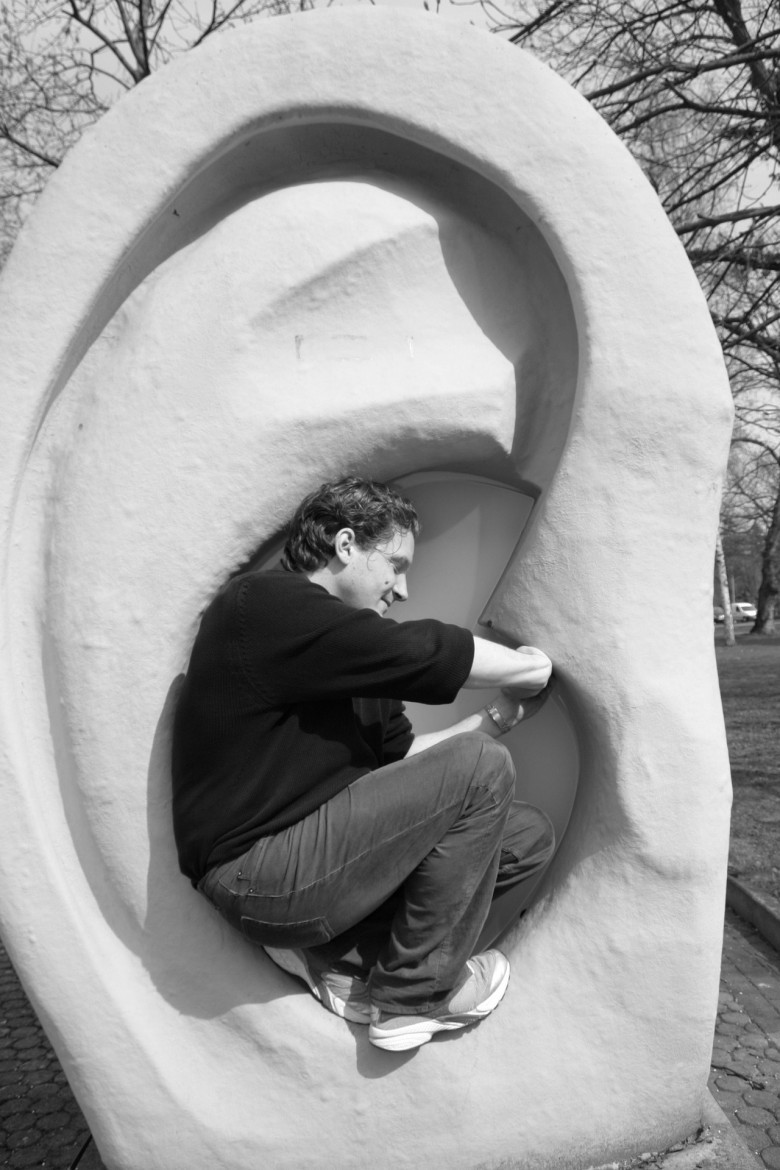
Chances are you heard some form of the saying before. Maybe it was "If your right ear itches, someone is speaking well of you and if your left ear itches, someone is speaking ill of you."
Or the more popular, shorter version "If your ears are ringing, someone's talking about you."
Whatever variation of the phrase you've heard, this old wives' tale is one that holds no truth. But it does have an ancient background - and indirectly raises what could be an important issue to address if you are experiencing ringing in your ears (left or right or both!)
If you are the topic of other people's conversations when you are not present, unfortunately your ears won't clue you in.
Where It Began
The belief that itching or ringing ears means someone is talking about you is mentioned in Pliny's "Natural History" encyclopedia written more than 2000 years ago.
Pliny, Gains Plinius Secundus, was an ancient author and natural philosopher of Roman importance. Born in Como, Italy to a Roman eques (knight), Pliny was a tireless researcher, writer, and author of more than 75 books.
Throughout the history of his writings, it is said that Pliny mentions several old wives' tales. None of which are true.
The ethnic group of the Kyrgyz, traditionally Nomads from Siberia that have since traveled to Central Asia's country of Krygzystan, still follow the belief that if someone's ears are burning, somebody IS talking about you.
Ringing in the Ears
At one time or another almost everyone experiences some type of "ringing" in the ears. To some extent it is actually normal. Think back to when you were at a concert, the music blaring, and the ringing sensation that continued for just a short time after.
Unfortunately though, if you experience frequent or constant ringing in the ears, you could be experiencing something more than just the norm.
Tinnitus
Tinnitus, or ringing in the ears, is the sensation of hearing buzzing, whistling, ringing, or other sounds. They may be of high or low pitch, vary in the type of sound produced, and one or both ears may be affected.
When one suffers from Tinnitus the sounds they hear may be intermittent, continuous, or pulsating in time with the heart beat. Commonly found in adults between ages 20 to 40, only the person experiencing it can hear the noise.
Tinnitus is a symptom, not a disease, and is not by itself threatening to one's health.
Causes
Causes of tinnitus include:
- Cardiovascular disorders, such as high blood pressure
- Metabolic abnormalities, such as low thyroid levels
- Blockages in the ear
- Head trauma
- Side effects caused by prescription and nonprescription drugs
- Psychological factors, such as depression or stress and
- Tumors in the brain or in the ear
Treatment
Many types of treatments such as alternative medicines, hearing aides, drug therapy and sound therapy have been suggested for the relief of tinnitus, but it is not always treatable.
Usually Tinnitus will decrease or go away with time and is known to only persist in 25% of the cases.




























